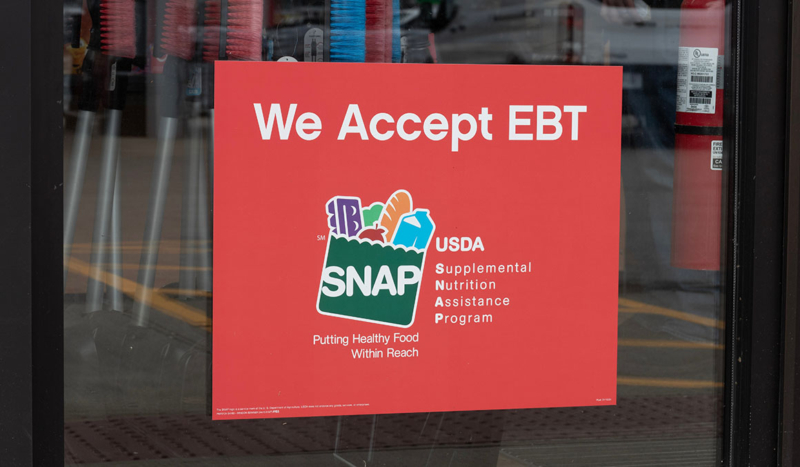
Jonathan Weiss / Shutterstock.com
CV NEWS FEED // The U.S. Conference of Catholic Bishops (USCCB) is urging lawmakers to protect social safety net programs in upcoming budget legislation, stressing the need to defend the rights of the vulnerable and working-class families.
In an April 15 USCCB press release, Archbishop Borys Gudziak said government programs like Medicaid, SNAP, and the Child Tax Credit (CTC) are essential to helping many families secure basic human needs and should be protected in the budget. Additionally, he said, budget legislation should benefit the least advantaged.
“It is for the sake of justice that the Catholic Church is committed to providing comfort, hope, and relief to those who are poor and suffering,” said Archbishop Gudziak, chairman of the USCCB’s Committee on Domestic Justice and Human Development.
He noted that Catholic Charities, dioceses, and Catholic hospitals personally serve those who are vulnerable, and stressed that the Church’s commitment to serving the poor is rooted in justice.
“The Church’s closeness to the poor informs our advocacy,” he said. “We know first-hand that families are struggling.”
The archbishop’s message reiterates a Feb. 28 letter he sent to Congress leaders imploring them to uphold government programs like Medicaid. Sister Mary Haddad, RSM, president and CEO of the Catholic Health Association of the United States, and Kerry Alys Robinson, president and CEO of Catholic Charities USA, also signed the letter.
“Weakening Medicaid through structural changes, such as per capita caps or block grants, would undermine these values and risk leaving millions without access to essential health services,” the signatories warned.
Sr. Haddad and Robinson backed Archbishop Gudziak in his April 15 message as well, the release noted.
“Tax cuts that largely favor wealthier persons should not be made possible through cuts to healthcare and food for families struggling to make ends meet,” Archbishop Guziak concluded in the statement. “The final budget reconciliation package should provide relief to low-income families and should not place additional burdens on those who are struggling.

